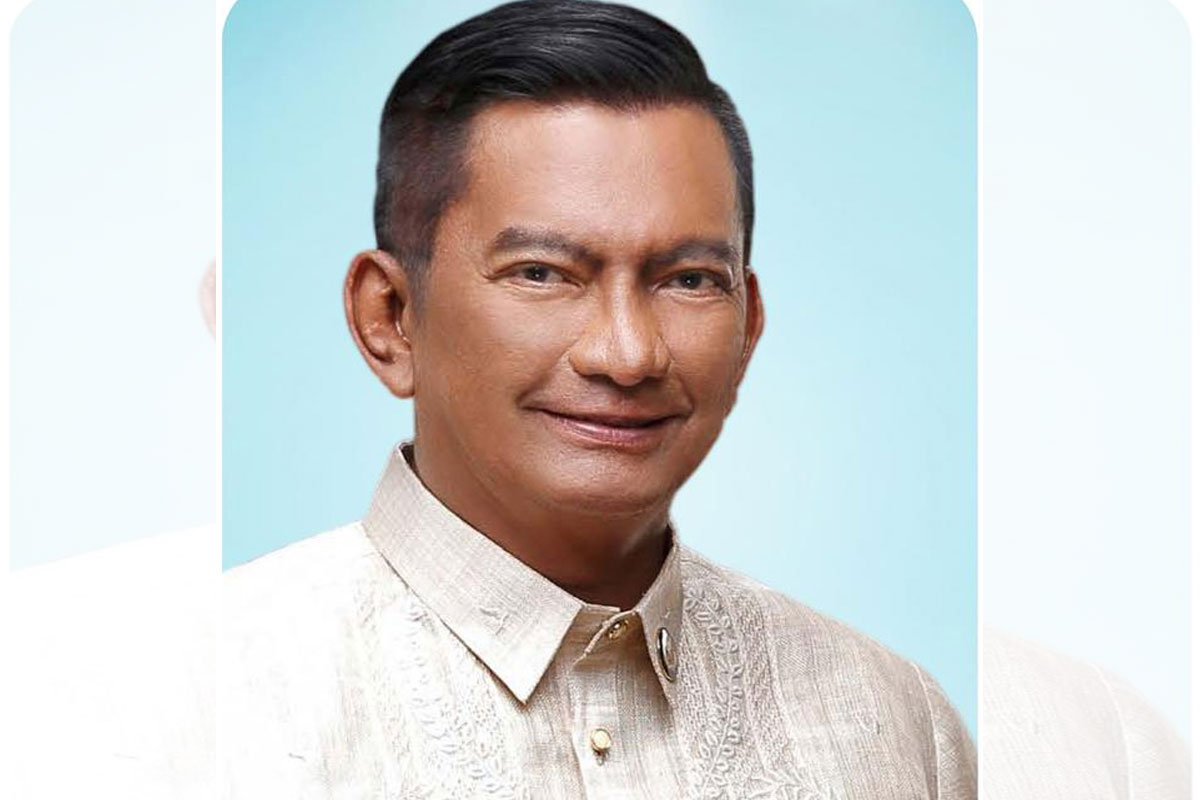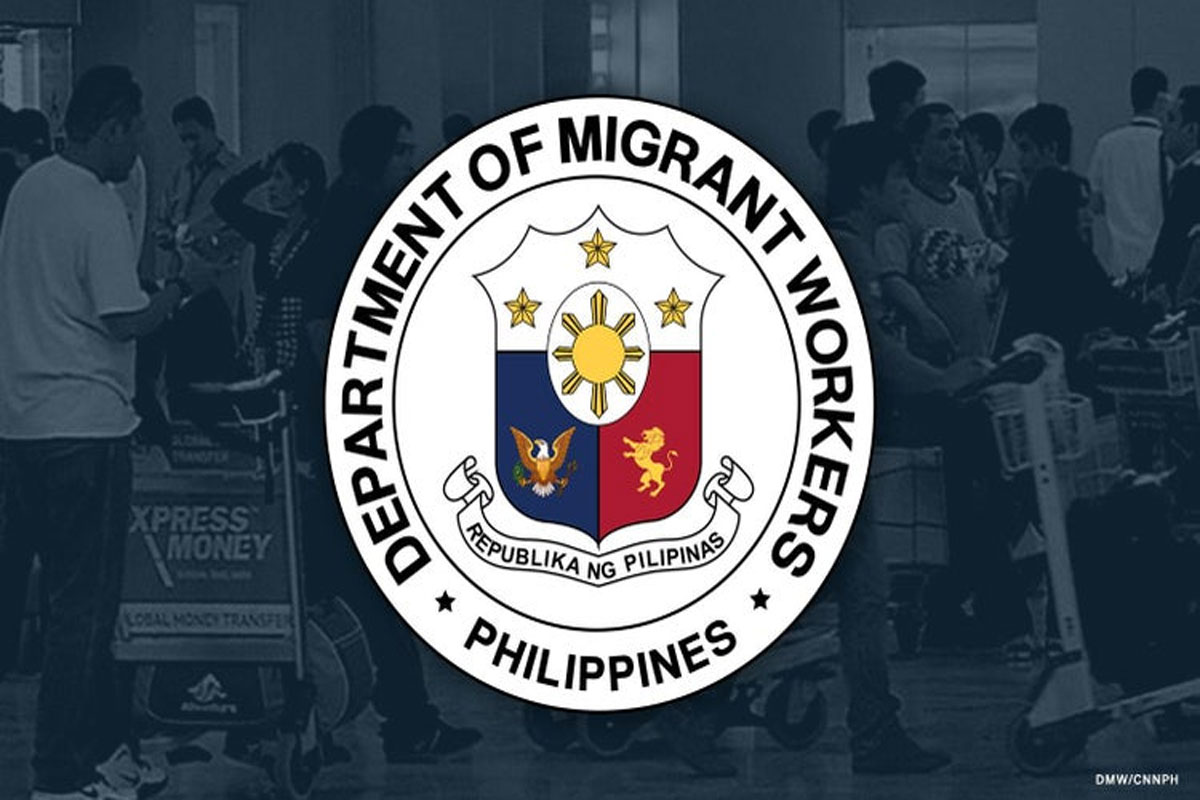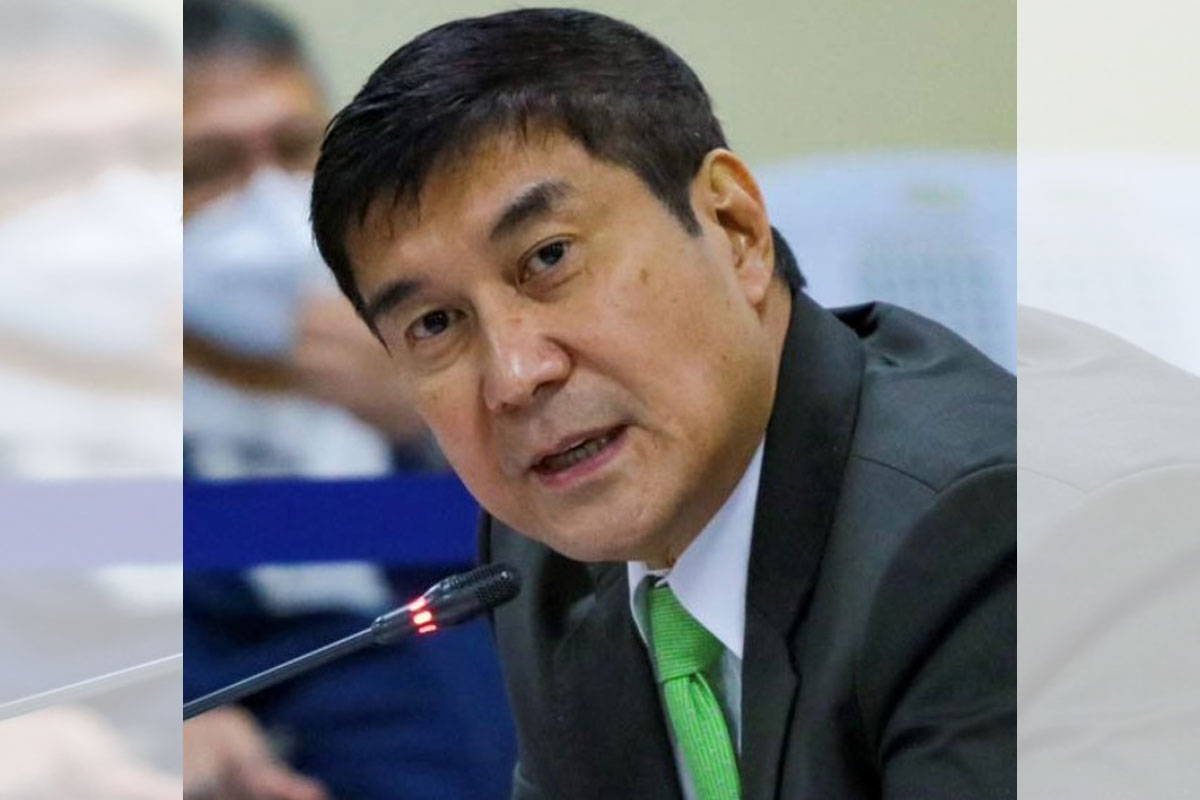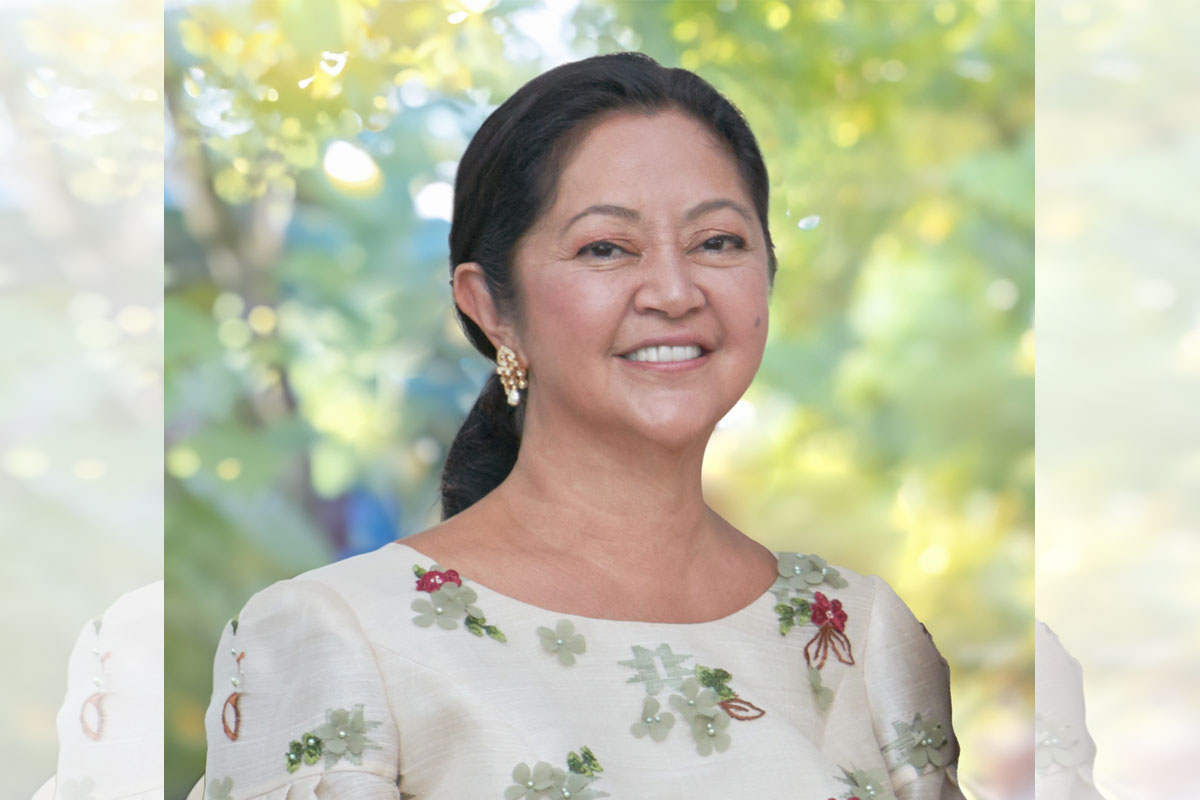
Maharlika Wealth Fund Bill hurdles House body
WITH sufficient safeguards, the House Committee on Banks and Financial Intermediaries on Thursday approved the proposed law creating the P275-billion Maharlika Wealth Fund Act.
Subject to style, the panel chaired by Manila 5th District Rep. Irwin Tieng adopted the amendments presented by the technical working group (TWG) led by Albay Rep. Joey Sarte Salceda, chairman of the House Committee on Ways and Means.
The panel approved a motion to submit a committee report and refer House Bill (HB) No. 6398 to the House Committees on Ways and Means for its tax provision and Appropriations for its budgetary aspect.
Salceda vowed to approve the measure on Monday.
HB 6393, authored by Speaker Martin G. Romualdez, seeks the creation of the Maharlika Wealth Fund patterned after the sovereign wealth fund of other countries, to maximize the profitability of investible government funds for the benefit of the Filipino people.
Other authors of the measure are House Majority Leader Manuel Jose “Mannix” M. Dalipe, senior Deputy Majority Leader Ferdinand Alexander A. Marcos, and Tingog party-list Reps. Yedda Marie K. Romualdez and Jude A. Acidre, and Marikina City Rep. Stella Luz A. Quimbo.
Under the original bill, the four Government Financial Institutions (GFIs)—which shall be known as the founding GFIs—are mandated to invest equity with a combined total of P250 billion to start up the fund.
The Government Service Insurance System (GSIS) will provide an initial investment of P125 billion, P50 billion for both the Social Security System (SSS) and Land Bank of the Philippines (LBP), and P25 billion from the Development Bank of the Philippines (DBP).
With amendments, it mandates the Treasury of the Philippines to provide P25 billion as investment.
Salceda said that the TWG introduced sufficient safeguards to ensure that the Fund will be governed properly, and will yield returns to pension funds and government banks. The TWG report was adopted and approved by the Committee on Banks and Financial Intermediaries today.
“I have introduced layers upon layers of safeguards to assuage the markets and to provide sufficient risk mitigation and downside protection for the national government, the government banks, and the pension funds SSS and GSIS. This will never be 1MDB,” Salceda said, referring to the Malaysian investment bank.
“We introduced three layers of audit – internal, external, and COA. We introduced four layers of good corporate governance —in the board of directors, the advisory body, the risk management unit, and the congressional oversight committee. We imposed regular booking of losses and profits in the books, and annual reporting by the government financial institutions to their members or shareholders,” Salceda said.
“We also introduced a government guarantee only to GFIs, which are fully owned by the State anyway. So, no government guarantees will be issued to debts to private entities, unlike what happened in Malaysia,” Salceda said. “There will also be no shadow accounts or investments. Multiple audit requirements, independent directors, and the Treasurer of the Philippines, who will sit on the board, will ensure that.”
Salceda said the TWG also introduced a 2% cap on management fees of the fund.
As a result, Salceda said, the GFIs have manifested greater interest in increasing their stake in the Fund, while “foreign investors have also made manifestations to me that they will invest.”
Salceda said that the intention of the Fund, “apart from exposure to higher upside for the GFIs, is greater investments in critical infrastructure such as dams and energy.”
“The President’s expressed aspiration is for the Fund to contribute to nation-building. The Fund will pool resources towards that direction, since many of these projects are capital-intensive,” he said.
“2nd reading by Wednesday. That’s our commitment,” Salceda said.
Quimbo stressed that the initial investment the GFIs start up the Maharlika Wealth Fund will not have any negative impact on the delivery of services or benefits to the stakeholders of these institutions.
“Their investible funds are separate from the funds earmarked for benefit payments,” Quimbo explained.
The measure also calls for the creation of “Maharlika Investment Corporation” (MIC), a government-owned and controlled corporation (GOCC) responsible for the overall governance and management of the MIF.
As part of the safeguards, the bill provides that the books and accounts of the MIF shall be subject to the examination and audit of the Commission on Audit (CoA).
Likewise, the measure calls for the creation of a Joint Congressional Committee to oversee, monitor, and evaluate the implementation of the law creating the MIF.
In filing the bill, Romualdez said it would help achieve the objectives of the Agenda for Prosperity and the eight-point socioeconomic roadmap of President Ferdinand “Bongbong” Marcos Jr.
The Speaker cited Singapore and Indonesia as countries that have successfully used their sovereign wealth funds.
“As the Philippines secures its place not only as the Rising Star of Asia but as a real economic leader in the Asia Pacific, the creation of the MIF becomes imperative,” Romualdez had said.
To ensure transparency and accountability, the MIF would adhere to the Santiago Principles. These are the 24 generally accepted principles and practices agreed to in October 2008 in Santiago, Chile, among countries with SWFs, investment recipient countries, and international organizations.
The stakeholders committed to observe that SWFs will comply with all applicable regulatory and disclosure requirements in countries in which SWFs invest and that the SWFs will have in place a transparent and sound governance structure that provides adequate operational controls, risk management, and accountability, among other commitments.
















